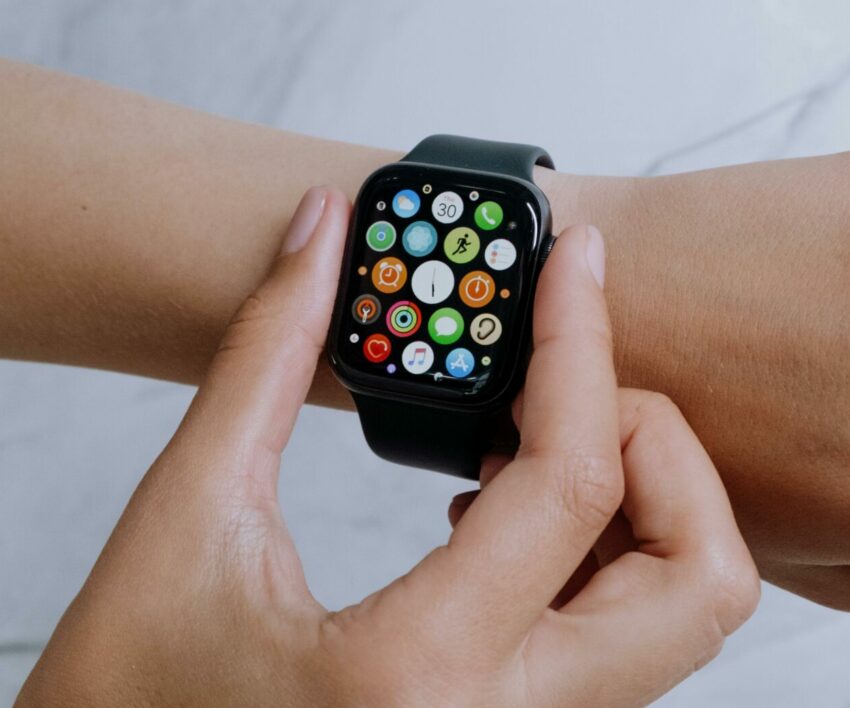
The use of wearables equals convenience and efficiency for active individuals, being able to keep track of their progress gives them the assurance that there is a difference being done and that motivates them to keep going. However, that is not all there is to it.
Psychology Today states that wearable technologies, such as fitness trackers, biosensors, smartwatches, and smart health clothing can lead to fixation and an unhealthy obsession with bodily data. It is further explained that while these devices may help keep us alert to our bodies’ functioning, they can also contribute to anxiety about our health.
“Whether it’s our heart rate, respiration, or sleep quality, wearable technology affords the opportunity to check, re-check, and check again. When, however, we resort to overchecking, we risk our behaviour falling into the category of ‘care-seeking,’ which is viewed as a maladaptive response to anxiety regarding our physical health.”
A 2021 article in the Cardiovascular Digital Health Journal warns that while access to digital health information can motivate healthy behaviours, it can also inadvertently contribute to pathologic symptom monitoring and impaired function in others. Overchecking our health can lead to “care-seeking,” a maladaptive response to anxiety. This behaviour is believed to have the potential to distract us from our lives, hinder our ability to live in the present and cause unnecessary stress about future outcomes.
Another study by Lindsay Rosman, assistant professor of medicine in the division of cardiology at the University of North Carolina School of Medicine, has found that wearable devices can amplify anxiety and increase healthcare use in patients with atrial fibrillation (Afib).
“Rosman and her team found that patients with Afib who use wearables are more likely to be preoccupied with their heart symptoms, report concerns about their AFib treatment, and use healthcare resources compared to Afib patients without these devices.”
The Medical Futurist publication claims that healthcare provider guidance can help mitigate anxiety and depression among chronic conditions. “Such guidance helps in translating raw data into actionable insights, ensuring that users not only understand the metrics but also know how to respond to them.”
Also see: To be fully regenerated, these are the 5 types of rest you need




